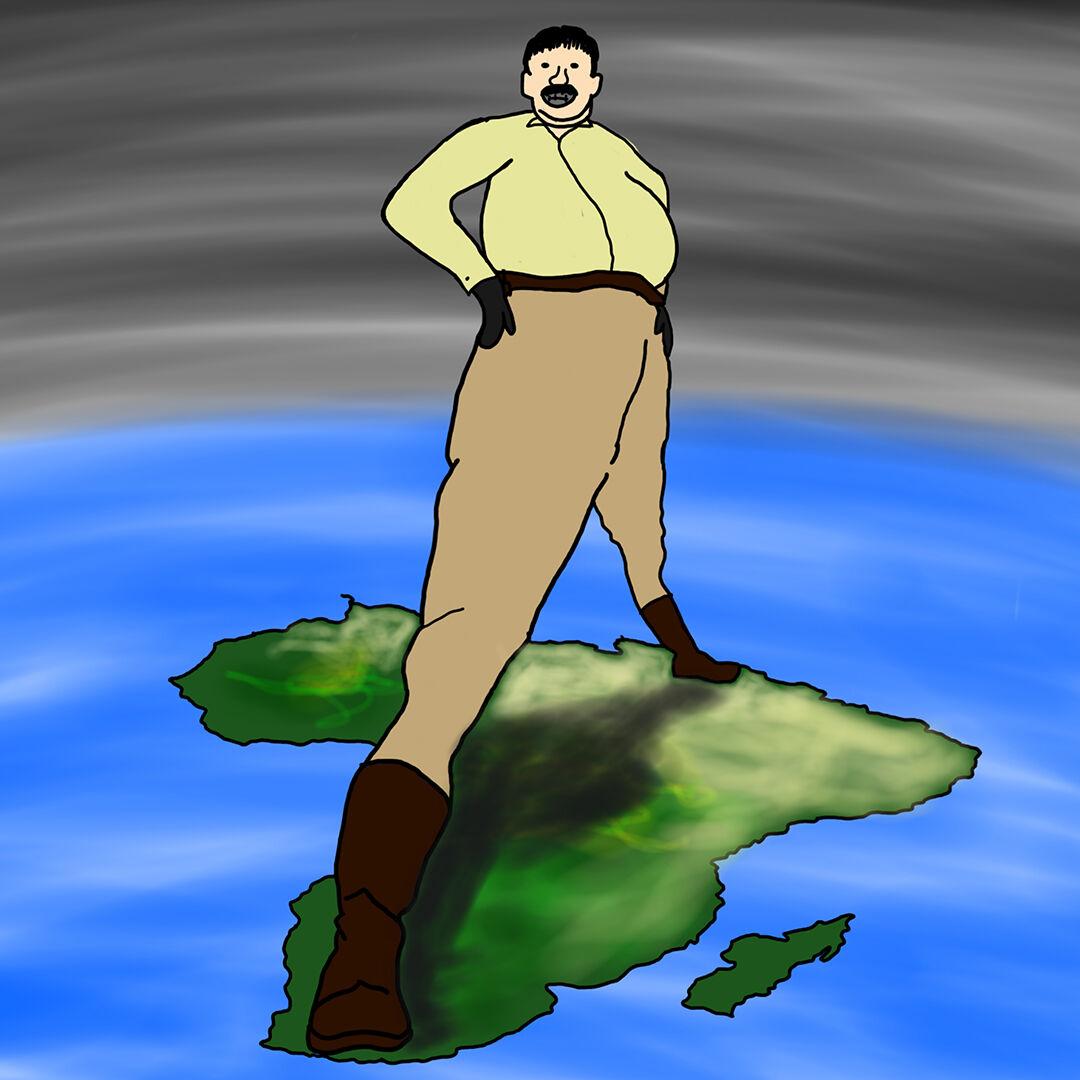There are a number of major issues many may point to as key problems plaguing the world as we know it; global warming, world hunger, racism, sexism and poverty are just a few that come to mind. As the current world powers struggle to find solutions to these pressing issues, it is no stretch to recall the direct role many of those very nations have played in perpetuating the problems at hand.
Post-colonial leaders such as Thomas Sankara of Burkina Faso or Maurice Bishop of Grenada were routinely given less than 10 years to lead freshly independent countries before their assassinations were quietly orchestrated from the outside. Nonetheless, they spearheaded ambitious and unprecedented initiatives toward the development of their nations.
Sankara was the first African leader to appoint women to major cabinet positions. He went further by leading a crusade against misogyny that encouraged men to take on roles traditionally reserved for women and promoted the use of contraception. He also cut his own salary to $450 a month and launched a nation-wide agriculture initiative that encouraged communal gardening. This initiative included a massive tree-planting program meant to curb the effects of desertification in his country.
In 1987, just four years after the liberation of Burkina Faso, Sankara was assassinated along with 12 of his officials after a coup d’état largely supported by France and the United States.
As part of the New Jewel Movement which gained power in Grenada in 1979, Bishop led on a platform including free psychiatric and mental health care, prison reform and the development of a more practical education system to better prepare Grenada’s youth for success regardless of socio-economic status. In 1983, after reaching out for Cuban support in the building of a new international airport meant to encourage tourism, the collaboration was deemed a threat to U.S. security by Ronald Reagan. Bishop was shot during a coup led by his own minister of finance, Bernard Coard.
Six days after Bishop’s death, the U.S. invaded Grenada with overwhelming force.
For context, the precedent of modern U.S. imperialism in particular comes from a document initially intended to oppose further colonization in the Americas. The Monroe doctrine, enunciated in 1823 by former President James Monroe with support from former Presidents Thomas Jefferson and James Madison, sought to put an end to European colonization in the western hemisphere—particularly across Latin America—in the interest of preserving U.S. sovereignty against the powers of the “old world.”
While the doctrine may sound well-intentioned, it was used as the basis for forceful political intervention throughout the Americas and justified the exercising of international police power over the western hemisphere—a concept that ‘justified’ the military invasions of Nicaragua, Venezuela, Cuba, Haiti and Grenada.
Conveniently enough, the outright hypocrisy between the original phrasing of the Monroe Doctrine and its real-world application fits with a trend of important U.S. documents that don’t quite live up to their promises.
As the world grows closer than ever before, we can no longer turn a blind eye to the neo-colonialism that hides behind the shallow excuse of national interest. Beyond the obvious treachery of imperialism and its connection to genocide, poverty and hunger around the globe, the continued overreaching of western governments into the affairs of “previously” colonized states has cut short the development of solutions to issues even the most powerful countries face today. In order for the world to prosper, western exceptionalism must end and nations, no matter how small, must be allowed to succeed.
Categories:
How the West has ruined the world’s potential
August 17, 2017
Photo Illustration by Israel Gonzalez
0
Donate to The University Star
Your donation will support the student journalists of Texas State University. Your contribution will allow us to purchase equipment and cover our annual website hosting costs.
More to Discover








